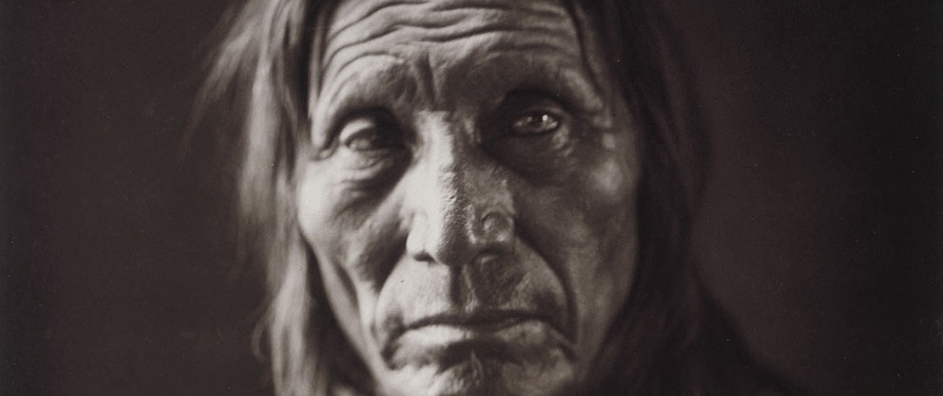The views expressed in our content reflect individual perspectives and do not represent the authoritative views of the Baha'i Faith.
In the preceding essay in this series, we learned the story of Deganawida, the Haudenosaunee (Iroquois) Peacemaker and prophet, in his deeply symbolic encounter with a cannibal. In the story, the Peacemaker causes the cannibal to see the Peacemaker’s reflection, which awakens him to his humanity and the humanity of others.
Just as the Peacemaker taught the cannibal, Baha’u’llah also draws us from narcissism to compassion in this powerful aphorism:
O Son of Man! Deny not My servant should he ask anything from thee, for his face is My face; be then abashed before Me. – Baha’u’llah, The Hidden Words, p. 30.
Here, Baha’u’llah speaks primarily with the voice of God. What Native American tradition calls “the Great Spirit,” Baha’u’llah refers to as “the Great Being.” Even the Great Being is unselfish, as Baha’u’llah teaches in this remarkable passage:
The Great Being saith: Regard man as a mine rich in gems of inestimable value. Education can, alone, cause it to reveal its treasures, and enable mankind to benefit therefrom. If any man were to meditate on that which the Scriptures, sent down from the heaven of God’s holy Will, have revealed, he would readily recognize that their purpose is that all men shall be regarded as one soul, so that the seal bearing the words ‘The Kingdom shall be God’s’ may be stamped on every heart, and the light of Divine bounty, of grace, and mercy may envelop all mankind. The One true God, exalted be His glory, hath wished nothing for Himself. The allegiance of mankind profiteth Him not, neither doth its perversity harm Him. The Bird of the Realm of Utterance voiceth continually this call: ‘All things have I willed for thee, and thee, too, for thine own sake.’ – Tablets of Baha’u’llah, p. 162.
In the Oneida version, recited by Chief Robert Brown, the Peacemaker tells a Mohawk chief—to whom he gives the name, “Two Matters” (a former cannibal)—of compassion for one’s human brothers and sisters:
Now I will tell you what message the Creator sent with me of what there will be on earth. He intended everyone to have a good mind on the earth you travel. He thought there would be reasons. First, he intended all the people should be having peaceful thoughts in their minds. Then love will come from that. If their thinking is not peaceful, then they will not have love. And if they do have love, then from it will come compassion; and if they have no love, then they won’t have any compassion. Each and every one of you has the power. Whatever power you have comes from what you have thought. Then that comes from a good mind. He intended you all to be helping each other. You people should not be arguing.” – Kayanla’kó, The Great Law, pp. 29–31.
These powerful, metaphorical stories, so similar to the scriptural proverbs in the Western religious traditions, gently advise human beings to love one another, to kindly treat one another as equals, and to unite. That message, consistent throughout all of the revelations given by God to humanity, forms the essential spiritual core of all Faith.
The next time you look in the mirror, you will be “exceedingly handsome” if, and only if, you behold the “face of God” –the reflection of divine qualities–in the eyes of your fellow human beings. Handsome is as handsome does.
©2014 by Christopher Buck.
















Comments
Sign in or create an account
Continue with Googleor